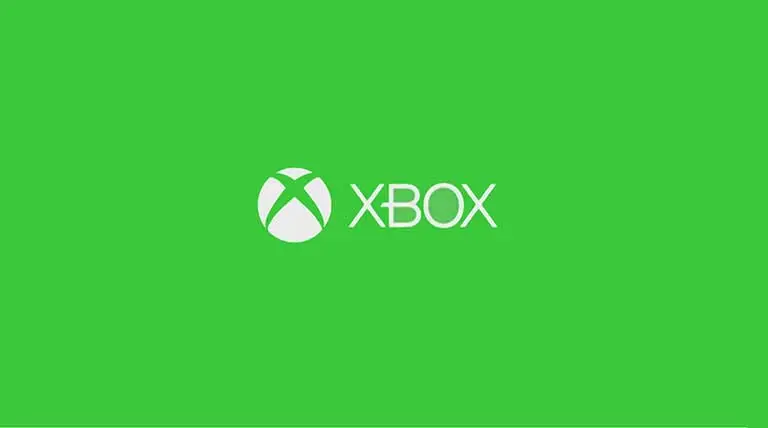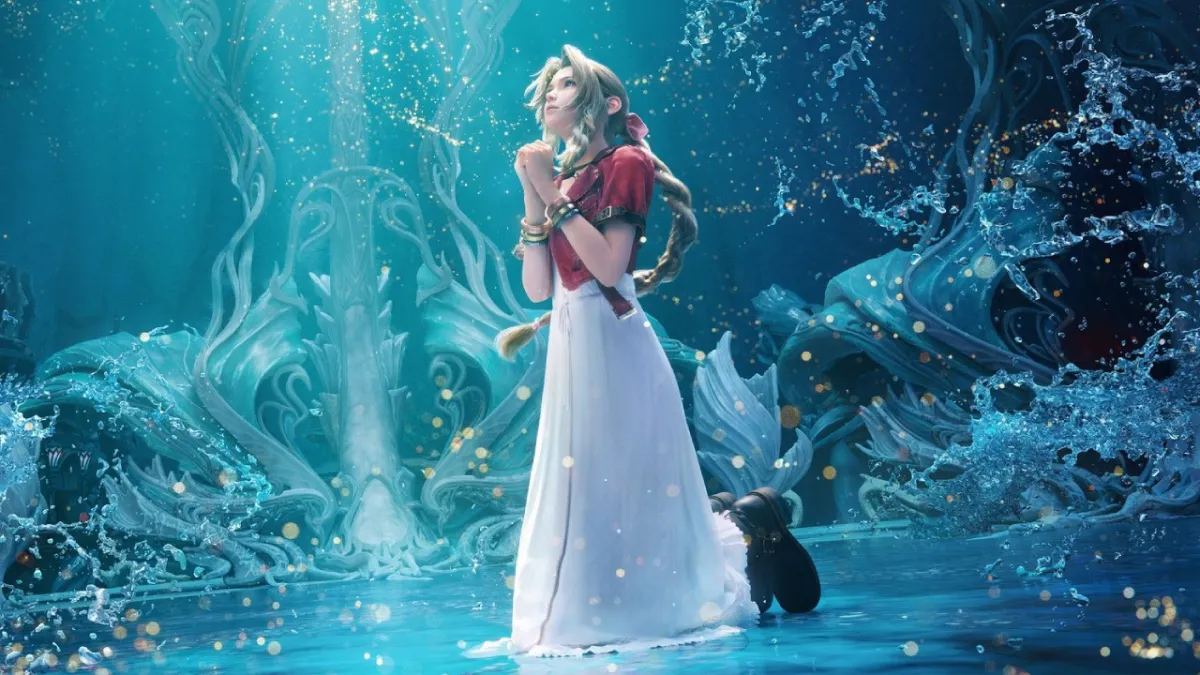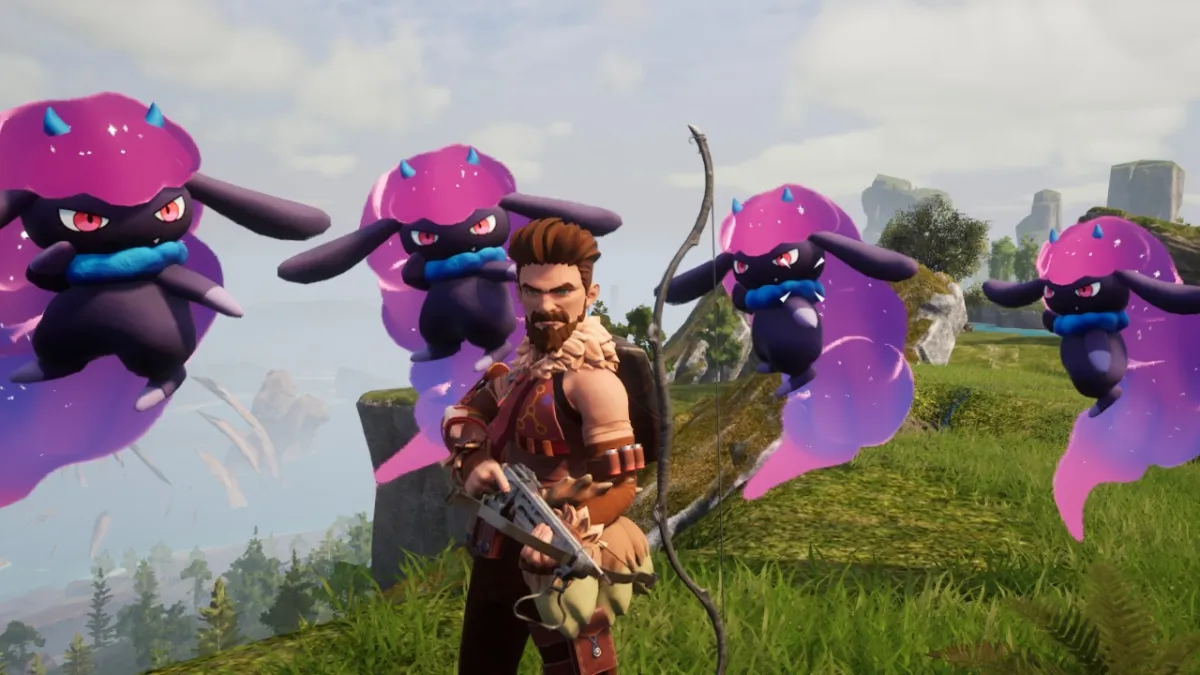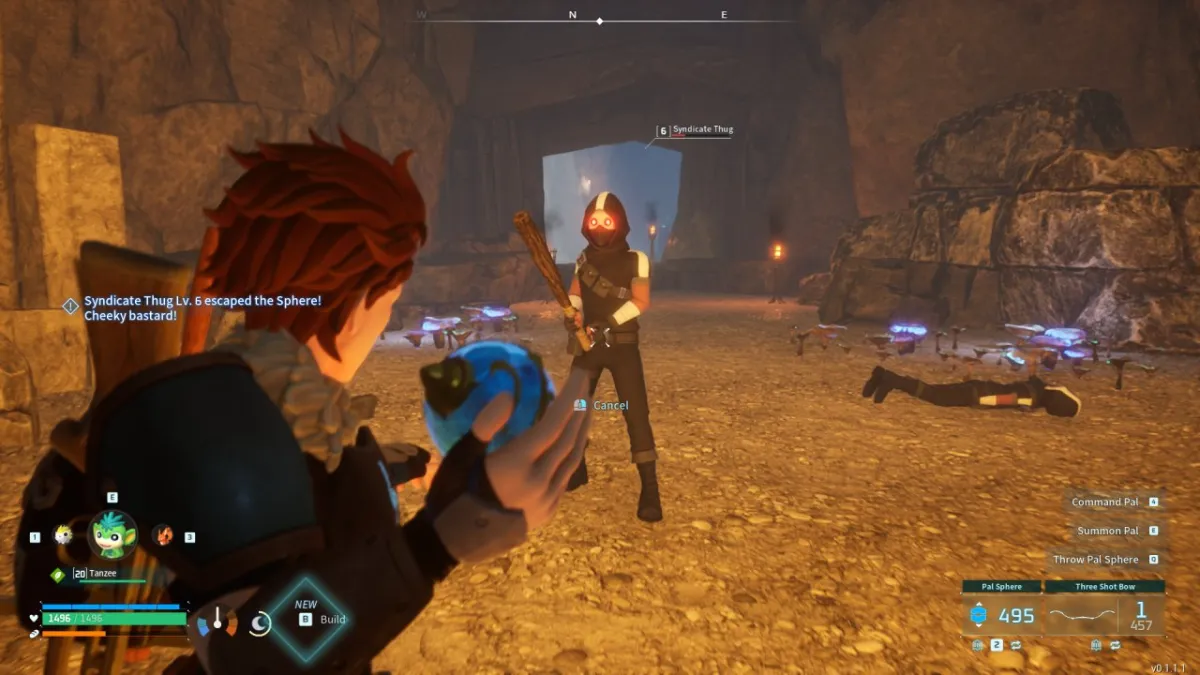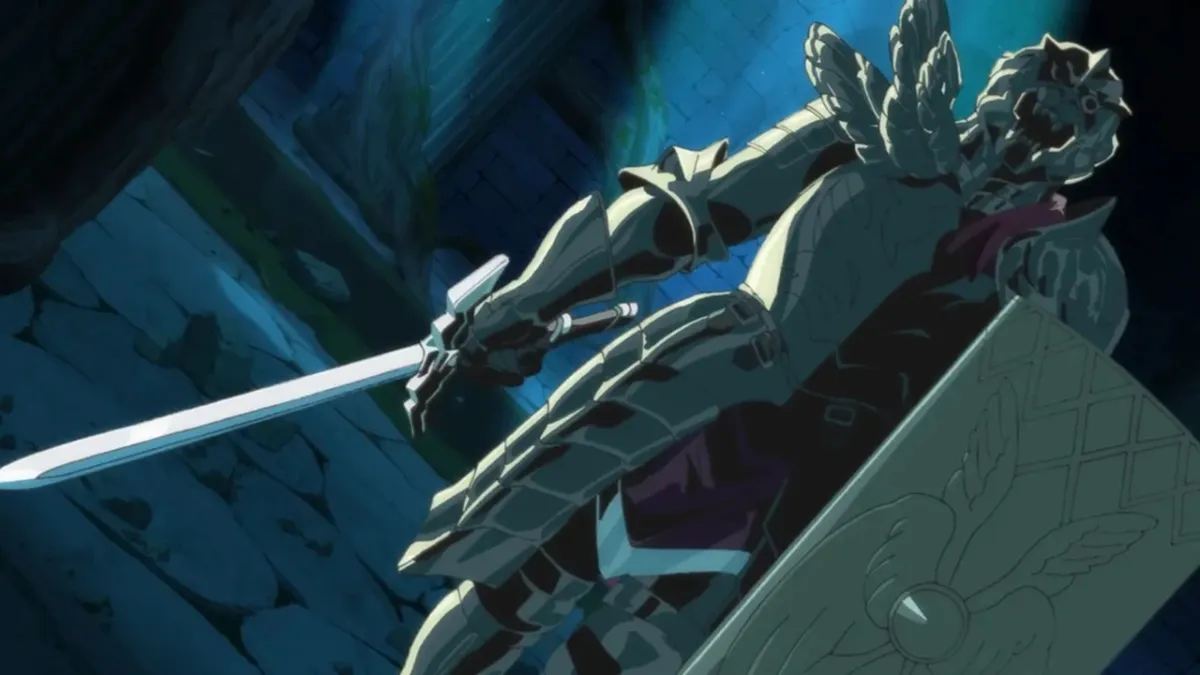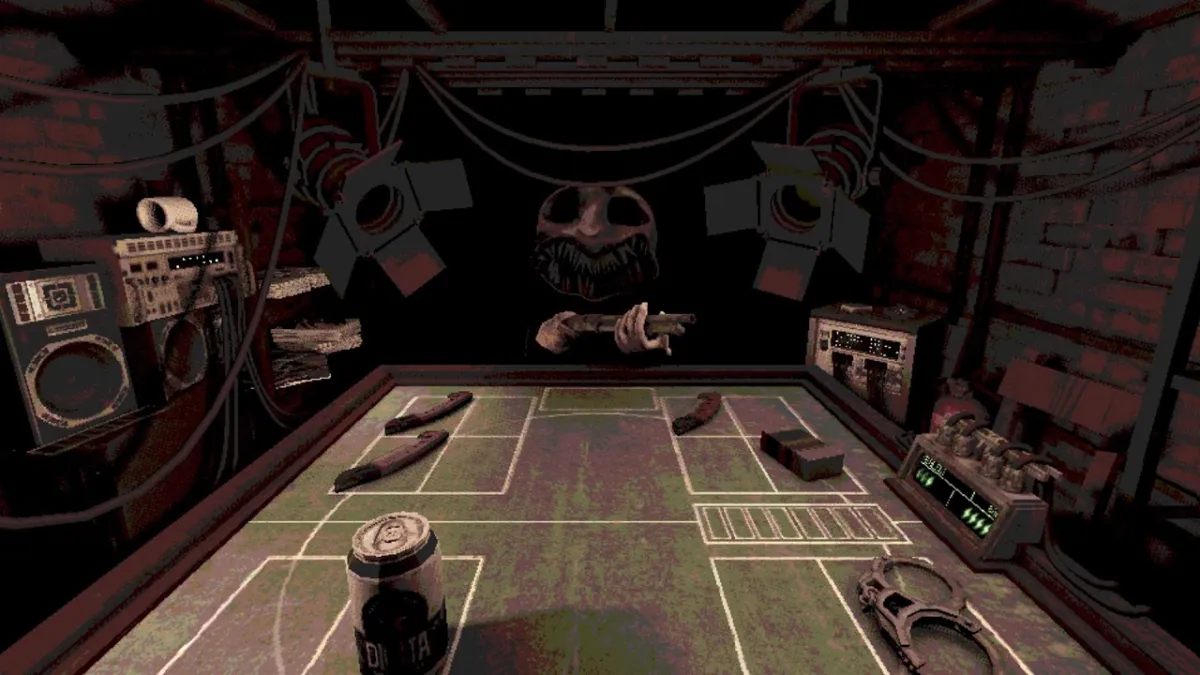Ed Fries, Xbox project co-founder and longtime Microsoft veteran, is certainly not someone to be taken lightly when he speaks his mind about the future of consoles. He is also not someone to be taken lightly when he weighs in on Microsoft’s rather quick 180 from most of the Xbox One’s policies. In an interview with A List Daily, Fries weighs in on both Microsoft’s quick reversals and his vision of the future for gaming.
“Who knows if there’ll be big publishers in the future?
When asked what he felt about Microsoft’s quick backtrack from most of their policies, Fries said, “I was impressed. I was concerned that they wouldn’t change, and I was impressed that they did change, and changed quickly. They clearly are responsive to feedback, and I think that’s great. We all make products for customers, and it’s important that we listen to our customers when they have things to say to us. It’s a lot more true than it was in the old days. If you think about games, we used to spend three years making games and stick them in a box, and people liked them or they didn’t like them. Now it’s much more direct feedback from customers. We test things a lot, see what’s working and what isn’t working and the launch is the beginning of the process. I’m talking more about free-to-play games now – you’re basically developing it with your customers. We have a much more interactive relationship with our customers. If people aren’t happy they let you know, and they can cause trouble for you. I think it’s important for companies to be customer-focused and be known as companies that listen.”
When asked what he thought about World of Tanks appearing on the Xbox platform, Fries was both pleased and surprised. “Yes, and the indie publishing announcement surprised me as well. I think, like a lot of people now, I’m waiting to see the details. I gave a talk last year about how the world of games is changing, and how it might be difficult for big parts of the industry to change along with it, for big publishers to change or for developers to change. I talked specifically about this issue, about free-to-play and about the barriers to consoles truly adopting free-to-play. I’m glad they’re heading that way.”
Fries also acknowledged the difficulties in changing and adopting new business models, saying, “The challenges with technology are often not guessing what the future’s going to be and then building it, it’s being in the right place at the right time with that technology. It’s very easy to be too early. You describe these as business issues, but maybe cultural is more to the point. It’s hard for these companies to change. You see that all the time – it’s the innovator’s dilemma.
When asked where he thought the future might be headed, Fries had an interesting proposition. No publishers. “Who knows if there’ll be big publishers in the future? There don’t have to be,” Fries said. “Maybe the world of the future doesn’t look like that. Maybe it’s just lots of small developers, getting together and then breaking up into little teams all over the world, that’s where great games are going to come from. Big publishers were formed because games were really expensive, there were big distribution issues. Walmart didn’t want to deal with a hundred companies, they wanted to deal with four or five. A lot of those things changed with digital distribution. Maybe what we’ll see in the future isn’t like what we’ve seen in the past. What does that mean? There are winners and losers all through that. It’s not necessarily a better future for anyone. If you’re at a publisher, it’s ‘Oh, maybe my future is not so good.’ Even from a developer point of view, it might mean you get a hit and then you don’t get a hit again. Angry Birds this year, next year it’s Supercell, the year after it’s Mojang. It’s random little groups all over the place. Maybe that’s where the most creativity is going to come from. Customers will just pick and choose, as they always do, whatever’s hottest, most fun at that time. That’s a very different world we have to think about. Even as a developer, you invent something great – Call of Duty – you want to make Call of Duty five, six, and seven, you don’t want to have to put lightning in a bottle twice, three times. That may be the future we’re facing. We just have to accept that.”
Fires finished off the interview by saying, “We’ve always liked to believe there’s developer brand equity – ‘I love Blizzard, everything that Blizzard makes I’m going to buy because I’m a Blizzard fan.’ The reality has always been it’s the game brands we really care about. ‘I like playing Candy Crush’ and then you find Puzzle & Dragons, and you don’t even know who makes it.”


